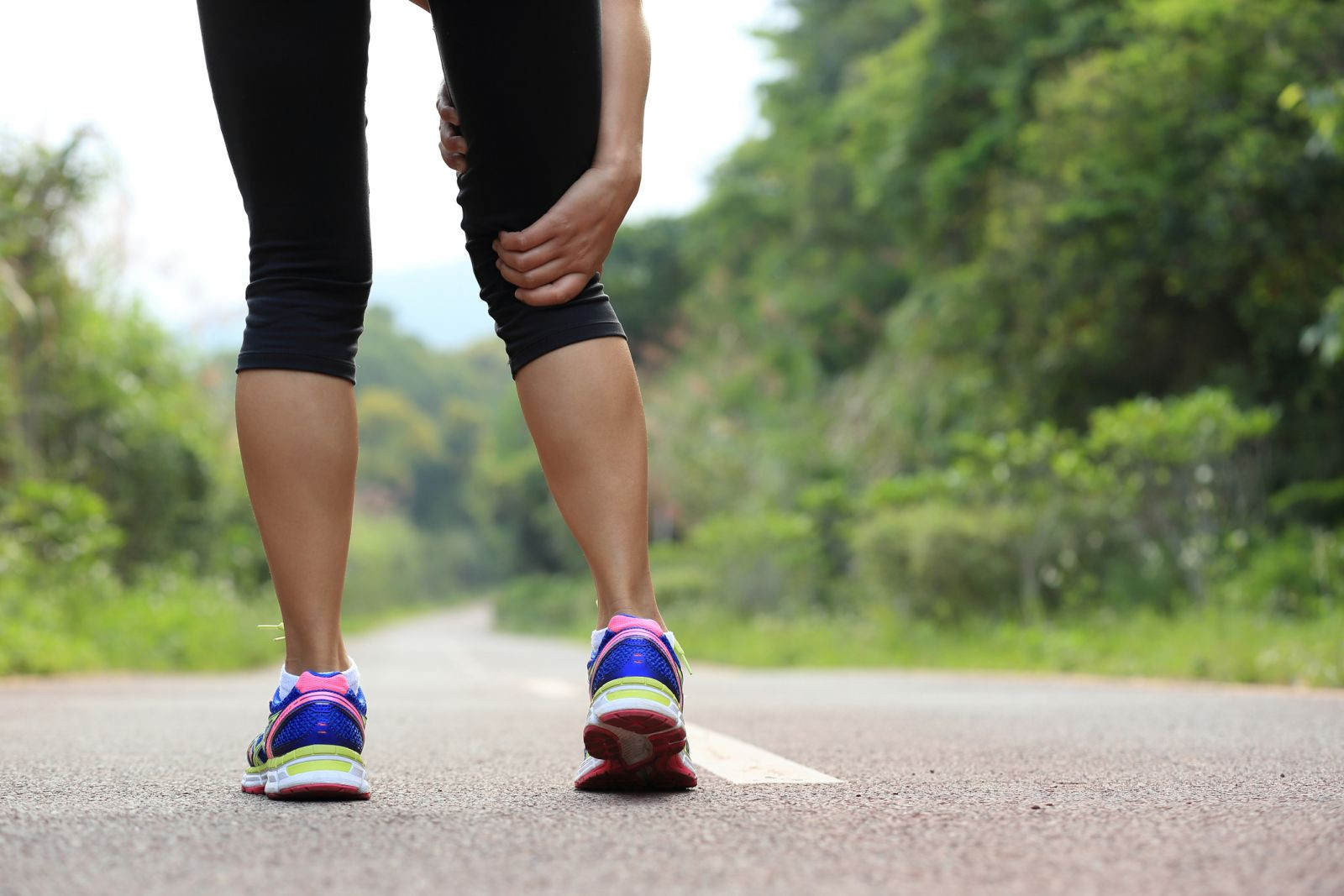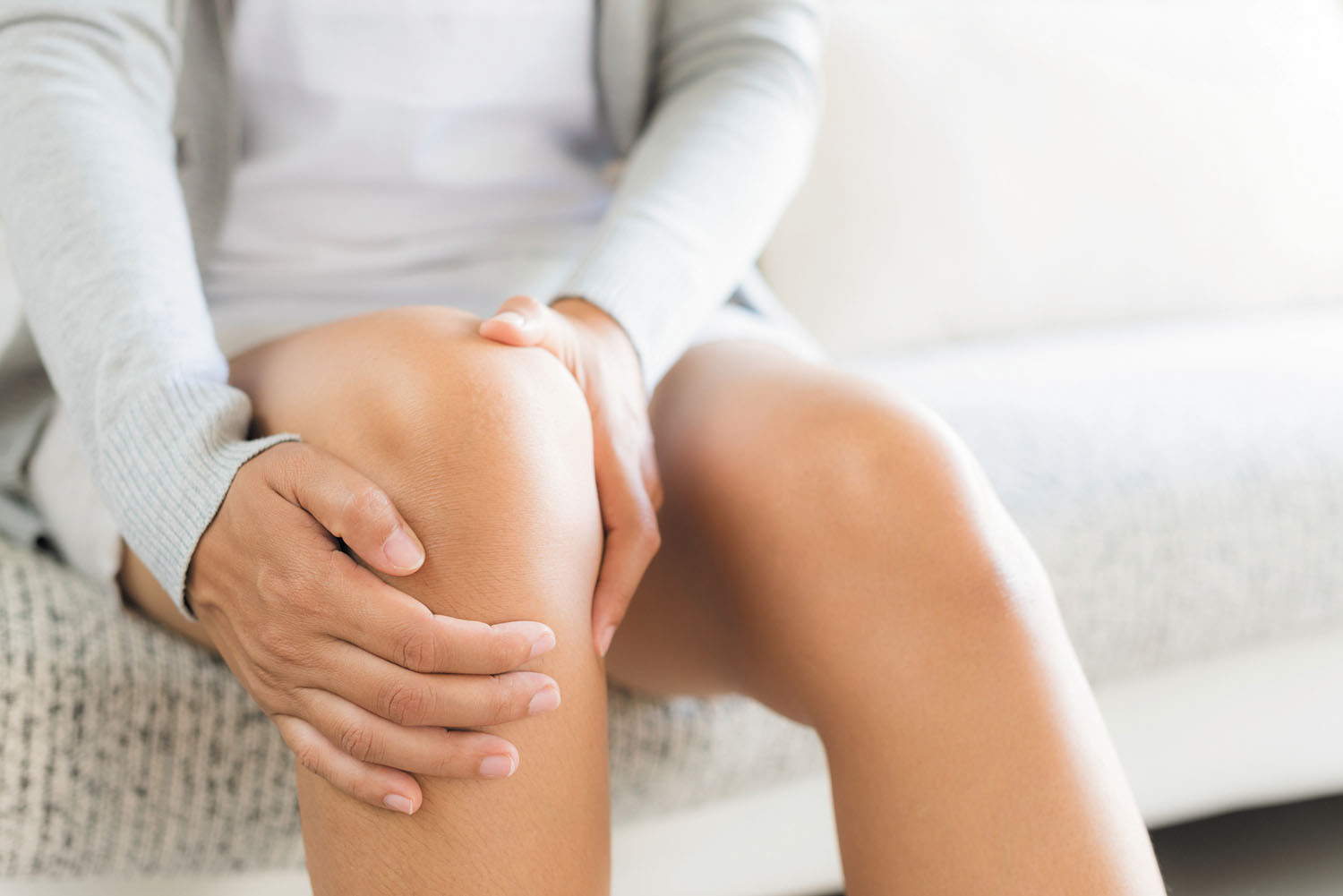
Trying to lose weight? Be careful not to lose muscle

Is your skin problem actually an autoimmune condition?

People with diabetes face higher risk of hearing loss

Antibiotic-free fixes for recurrent UTIs

Musculoskeletal syndrome of menopause: When menopause makes you ache all over

When can older women stop getting mammograms?

To lose weight, especially harmful belly fat, combine diet and exercise

Can men hold off on treating recurring prostate cancer?

The 7 types of rest and why we need them all

What are the early warning signs of cervical cancer?
Arthritis Archive
Articles
Get a helping hand for pain
Osteoarthritis in the hand is a painful condition that is more common in women than in men. While this condition can be debilitating, a number of strategies can be used to manage it, including using various topical, oral, and injected pain medications; splinting the joint; making lifestyle changes; and working with a hand therapist. Surgery may be an option when other measures have failed to control symptoms.
Do glucosamine and chondroitin supplements actually work for arthritis?
Glucosamine and chondroitin supplements, taken individually or in combination, are touted as a way to relieve joint pain from arthritis –– and even to prevent it in the first place. Are they effective?
The most common exercise among people with arthritis
U.S. adults who report being physically active say their most frequent forms of exercise are walking, gardening, and weight lifting, according to a study published online Oct. 8, 2021, by the CDC's Morbidity and Mortality Weekly Report.
When walking makes your legs hurt
There are other conditions besides arthritis that can make walking difficult and even painful, such as peripheral artery disease, chronic venous insufficiency, lumbar spinal stenosis, and diabetic neuropathy.
Casing the joints
Take on chronic pain where it lives
Chronic inflammation and your joints
Pain relief: Taking NSAIDs safely
NSAIDs can help relieve pain and reduce inflammation from arthritis and other chronic aches and pains. However, you want to use the lowest dose for the shortest time.

Trying to lose weight? Be careful not to lose muscle

Is your skin problem actually an autoimmune condition?

People with diabetes face higher risk of hearing loss

Antibiotic-free fixes for recurrent UTIs

Musculoskeletal syndrome of menopause: When menopause makes you ache all over

When can older women stop getting mammograms?

To lose weight, especially harmful belly fat, combine diet and exercise

Can men hold off on treating recurring prostate cancer?

The 7 types of rest and why we need them all

What are the early warning signs of cervical cancer?
Free Healthbeat Signup
Get the latest in health news delivered to your inbox!
Sign Up











